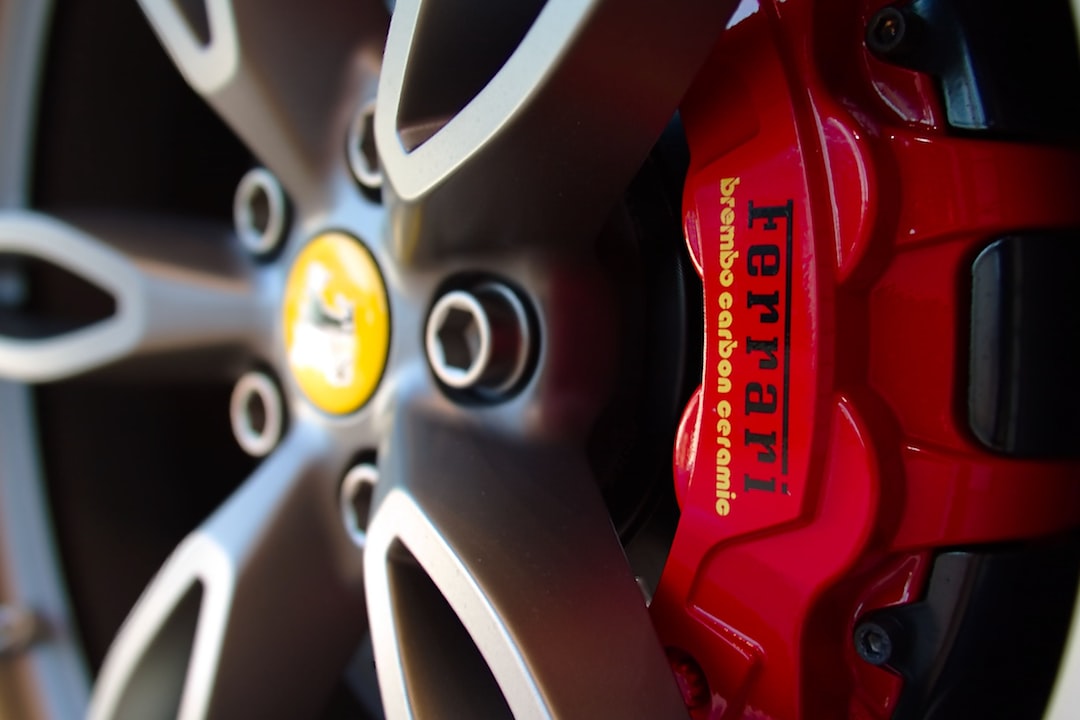The Impact of COVID-19 on the Car Industry
The COVID-19 pandemic has had a profound and lasting impact on various industries worldwide, and the car industry is no exception. From manufacturing disruptions to significant changes in consumer behavior, the automotive sector has faced unprecedented challenges during these trying times. In this blog post, we will delve into the key ways in which COVID-19 has affected the car industry.
Manufacturing Disruptions:
One of the initial and most significant impacts of the pandemic on the car industry was the disruption in manufacturing. As countries implemented lockdown measures and imposed restrictions on movement, many car manufacturers had to temporarily close their production plants. The disruption in the supply chain resulted in a shortage of parts and components, leading to delays in the production and delivery of vehicles.
Decrease in Sales:
With the economic downturn caused by the pandemic, people’s priorities shifted, leading to a decrease in demand for new cars. Many individuals faced financial uncertainty and job losses, resulting in a reduced willingness or ability to purchase a vehicle. Additionally, with travel restrictions and work-from-home policies, the need for daily commuting drastically decreased, further contributing to the decline in car sales.
Changing Consumer Behavior:
The pandemic has also brought about a change in consumer behavior and preferences. Many individuals have become more cautious about using public transportation due to health concerns, leading to an increase in demand for private vehicles. Additionally, the focus has shifted towards hygiene and sanitization, with customers seeking vehicles equipped with features that provide a safe and clean environment.
Rise of Digital Sales:
As people practiced social distancing and stayed at home, the car industry adapted by increasing their online presence. The pandemic has accelerated the shift towards digital sales channels, with many car manufacturers implementing virtual showrooms and contactless processes for purchasing vehicles. The convenience and safety of online transactions have gained popularity, even leading to a rise in online-only car dealerships.
Impact on Electric Vehicles:
The pandemic has had differing impacts on various segments of the car industry. While overall car sales have suffered, the demand for electric vehicles (EVs) has experienced growth. As the environmental awareness continues to rise, individuals are becoming more inclined towards sustainable transportation options. The pandemic has presented an opportunity for EV manufacturers to capitalize on this trend and attract consumers looking for greener alternatives.
Investment in Research and Development:
Despite the challenges posed by the pandemic, the car industry has not wavered in its commitment to innovation and research. In fact, several manufacturers have increased their investment in developing autonomous vehicles and advanced safety technologies. The crisis has highlighted the importance of vehicle connectivity and remote diagnostics, leading to increased efforts in the development of smart cars.
Government Initiatives and Support:
To combat the economic fallout from the pandemic, many governments have introduced stimulus packages and incentives to stimulate car sales. These measures include tax relief programs, scrappage schemes, and subsidies for electric vehicle purchases. Such initiatives aim to revive the car industry and encourage consumers to invest in new vehicles.
In conclusion, the COVID-19 pandemic has significantly impacted the car industry in multiple ways, from manufacturing disruptions to changing consumer behavior. The industry has had to adapt quickly, embracing digital sales channels and prioritizing hygiene and safety features. While overall car sales have decreased, the demand for electric vehicles has grown. The pandemic has also emphasized the importance of research and development, as manufacturers invest in advancing technologies for future mobility. With government support and innovation, it is hopeful that the car industry will recover and adapt to the changing landscape brought about by this global crisis.
